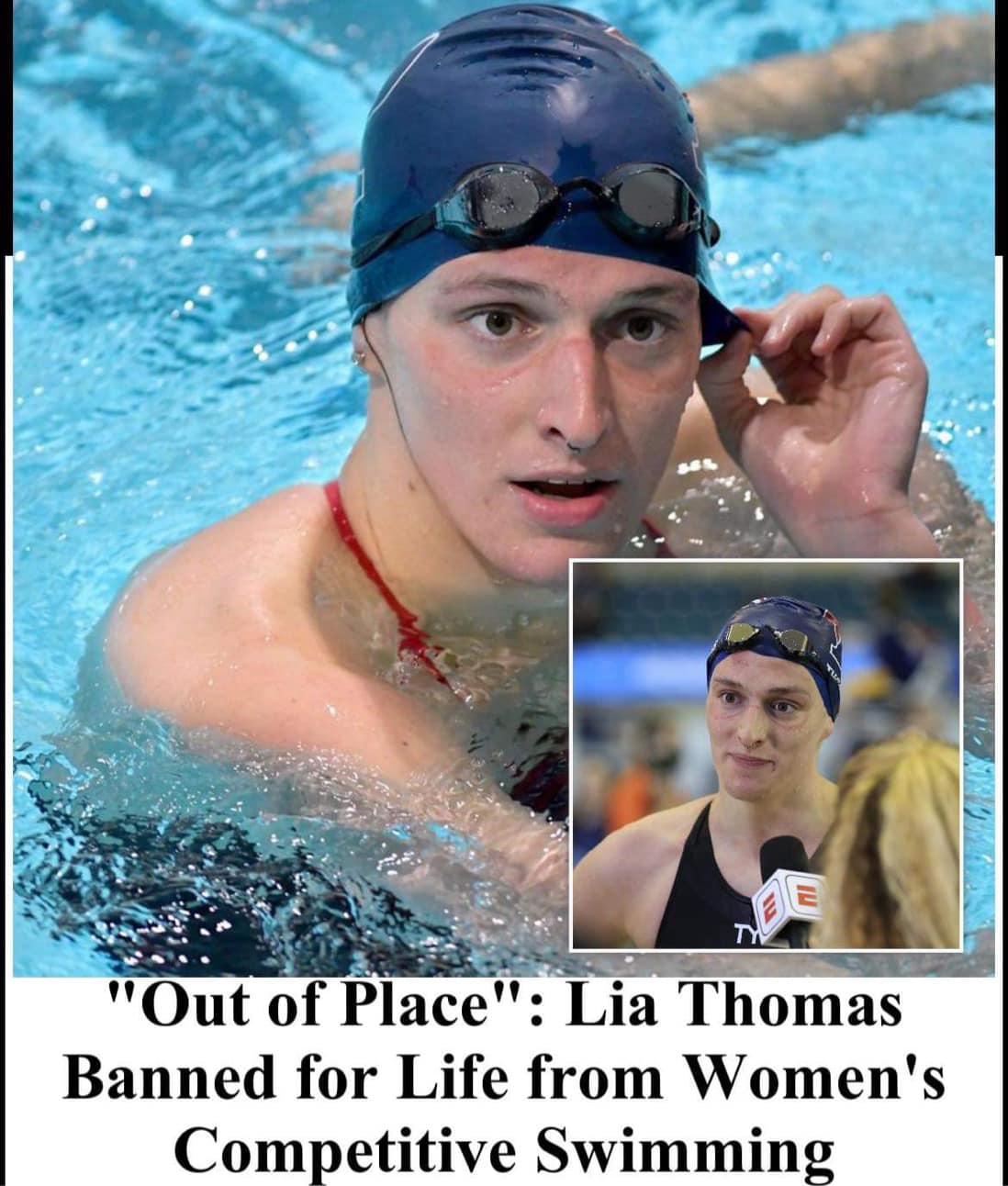
Amidst escalating debates on inclusivity and fairness in sports, Lia Thomas, a figure emblematic of the complexities surrounding transgender athletes, finds herself barred from women’s competitive swimming, with a chilling verdict: “She doesn’t fit.”
The repercussions of Lia’s exclusion ripple far beyond the pool’s confines, permeating our understanding of gender, competition, and equity in sports. This decision triggers a deluge of inquiries into how we reconcile biological and gender disparities within competitive arenas.
Lia Thomas, whose athletic journey mirrors the undulations of the waves she navigates, rose as a dominant force in swimming, representing the University of Pennsylvania and etching her name in numerous records. Yet, her achievements are shadowed by a storm of debates surrounding her participation in women’s sports.
Opponents argue that Lia, as a transgender woman, possesses a biological advantage over her cisgender peers. Conversely, Thomas’s supporters denounce the ban as discriminatory, rejecting her identity and disregarding her struggles to compete authentically.
The ban on Lia hinges on notions of fairness and competitive advantage, often grounded in physical metrics. Critics cite muscle mass, bone density, and lung capacity from her male puberty as conferring an unfair edge. They advocate for preserving a level playing field under consistent physiological parameters.
However, an opposing viewpoint underscores the psychological and emotional complexities of transitioning, often overshadowed by biological arguments. Lia’s supporters commend her resilience amidst controversy, advocating for an inclusive sports environment that embraces diverse identities.